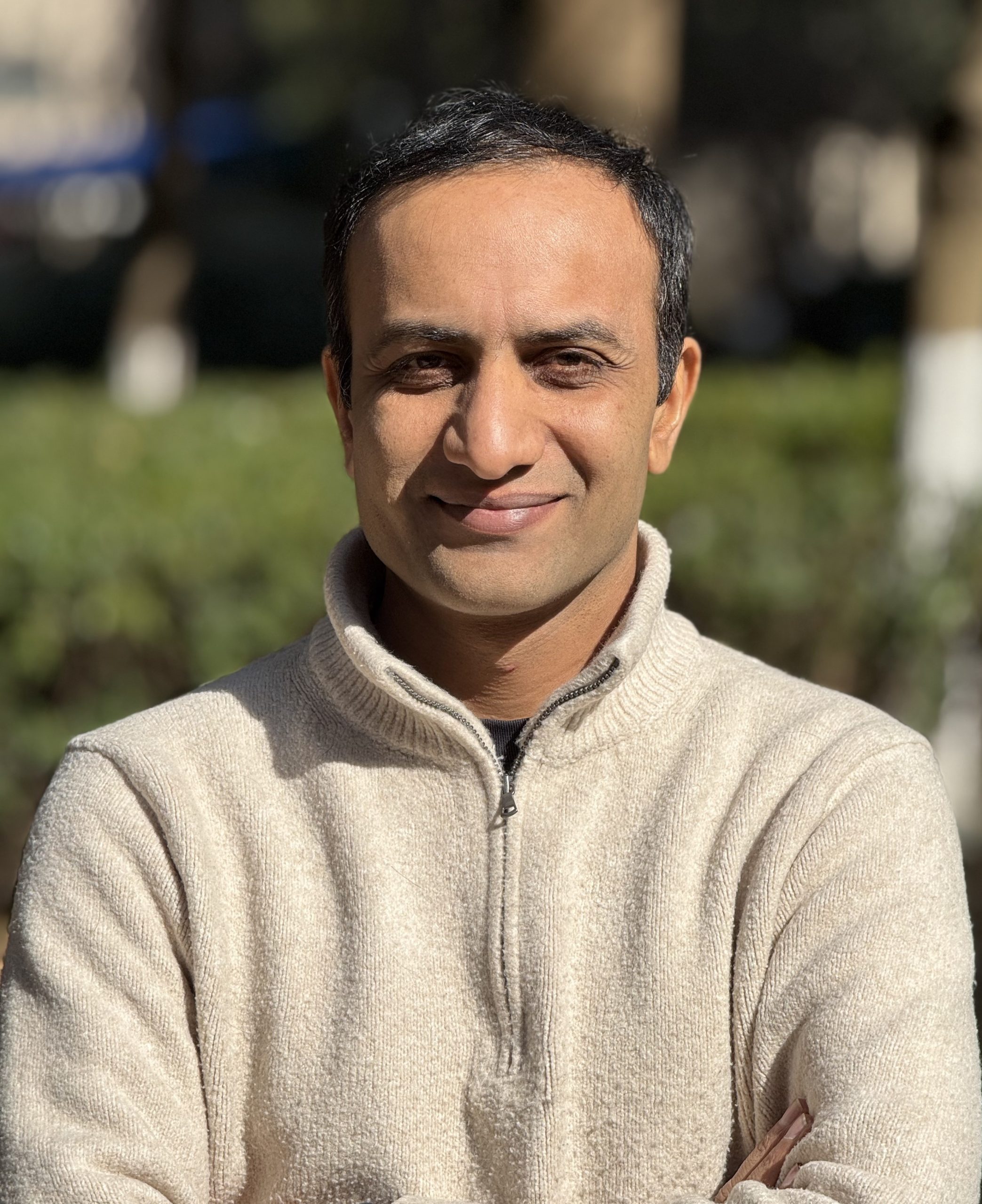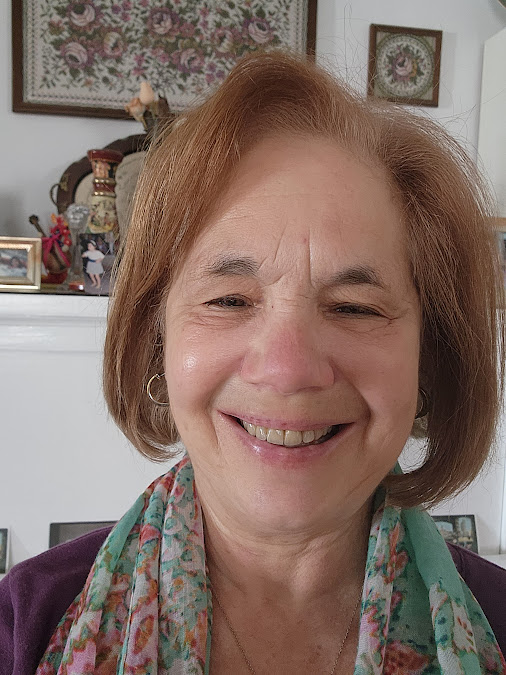 Tell us about yourself.
Tell us about yourself.
Chuck DeBusk is the Principal of Kinetic Resolution, LLC. He has over 40 years of experience improving healthcare outcomes and processes, teaching process improvement, and Lean Six Sigma. Before starting Kinetic Resolution, Chuck spent 11 years as the Vice President of Performance & Process Improvement for UHS of Delaware, a Universal Health Services, Inc. subsidiary. He was responsible for operational process improvement for 27 Acute Care Hospitals, where he applied simulation to improve operations. He also provided corporate leadership to the Emergency Department, Surgery, Radiology, Laboratory, Rehab Services, and Pharmacy.
Since starting his consulting operation, Chuck has led the organizational change management efforts for a hospital management company’s implementation of business systems in 15 hospitals, provided Leader Standard Work for a regional three-hospital organization’s physician practice group, and Process Improvement/Lean Six Sigma education and training for a large nationwide hospital management company.
He has held leadership positions at GE Healthcare, Allina Health System, and HCA. He holds an MS in Industrial Engineering from the University of Tennessee and a BS in Industrial Engineering and Operations Research from Virginia Tech.
Where did you grow up, and how did this influence your writing?
I grew up in eastern Kentucky and West Virginia, in the heart of the Appalachian Mountains. In the mountains, there is a rich history of storytelling, and growing up in that environment influenced me to want to tell my own stories.
What was your journey to getting published like?
We started writing with the idea that once we were far enough along, we would think about publishing. We should have started sooner. We looked at publishers, both large and small, and while we had an offer from a major publisher, we opted for a more niche organization. They allowed us to have much better control over our schedule, and that worked great for us. During our writing and publishing journey, both co-authors ended up in caregiver roles for our spouses, and that put a strain on our ability to have a set schedule. For me, writing and working on the publishing part was a much-needed distraction from my caregiver role and one where I could control the schedule so that I did not feel pulled in multiple directions at once. We were fortunate to have Endeavour Ink and Printed Page Studios as excellent partners in the cover design, layout, and handling of the marketing and launch details.
What’s the best piece of feedback you’ve ever received?
Write. Let the ideas flow and then edit. Don’t try to make everything perfect at the start, just get it down and then go back and polish it.
What advice would you give to aspiring writers?
First, try to find a mentor. My mentor provided me with some excellent advice. He said, try to write 2,000 words on 8 to 10 of your chapter ideas and publish them, even if only in LinkedIn. If you can’t do that, you are not going to be able to crank out 50,000 words for a book. I would add that if you don’t find that experience somewhat enjoyable, don’t try to write a book. Many people have said that writing is re-writing, and 2,000 words means you write 6,000 words or more. So, a 50,000-word book has 100,000 words rewritten. If it's not enjoyable, you won't last. My final advice is to take the leap and get started. Do a basic outline and begin. I’m an outline person with certain parts done by the seat of my pants. Find your own style, but it starts with writing something.



